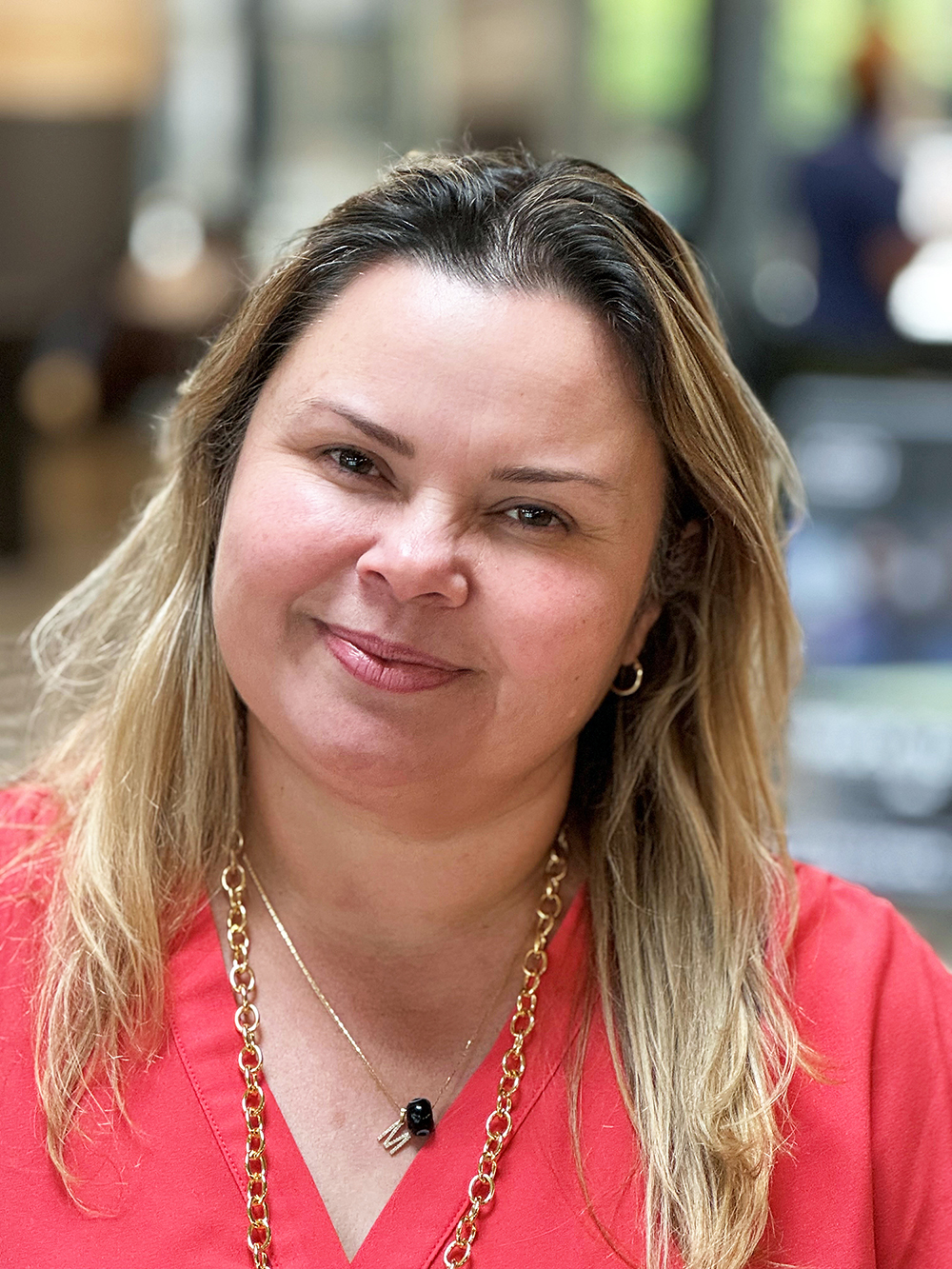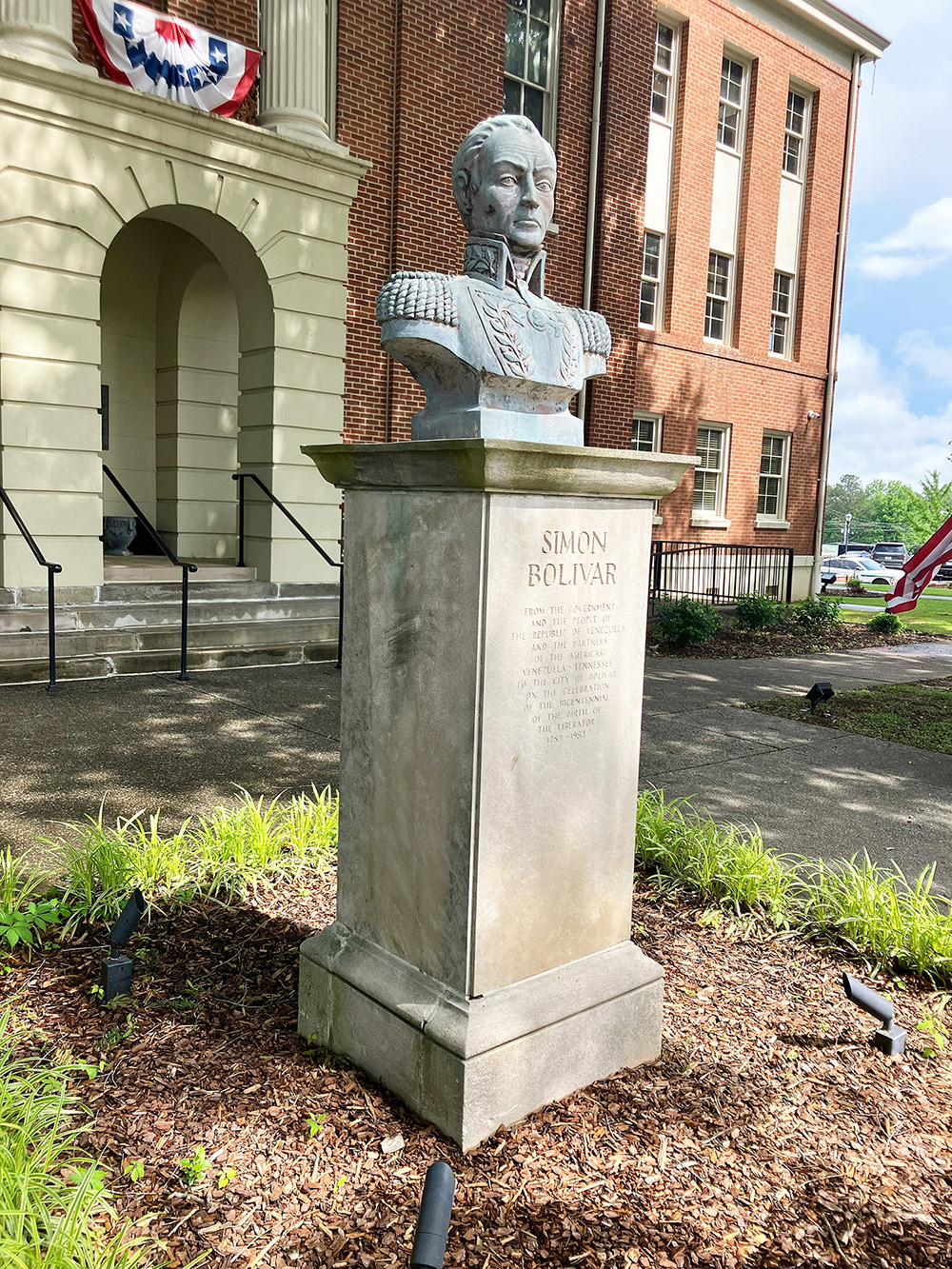Editor’s note: This is part three in a five-part series focusing on immigrant contributions to our nation and city.
In 1825, the town of Bolivar, Tennessee, was founded 70 miles east of here, named after the Venezuelan “liberator” of much of South America, Simón Bolívar. Presently, a bust of the Venezuelan leader sits in front of the town’s courthouse as a gift, “from the government and the people of the Republic of Venezuela … to the city of Bolivar on the celebration of the bicentennial of the birth of The Liberator, 1783-1983.”
The exuberance and goodwill between the Republic of Venezuela and our state of Tennessee in 1983 has, by 2024, completely collapsed. Venezuela, a traditional exporter of cacao, coffee, and petroleum, now exports its citizens: About one-quarter of the population of 28 million has left the nation over the past 10 or 20 years, and there seems to be no end in sight to this ongoing humanitarian catastrophe.
Many factors — economic, political, and global — help explain this mass exodus from a once wealthy and influential South American nation. María Bracho’s arrival here in Memphis is directly related to the economic and political chaos of her native Venezuela.

Bracho grew up on a farm outside the city of Maracaibo, which is the petroleum capital of the nation. Venezuela, it should be noted, sits on the largest known oil deposits in the world, and about 90 percent of the national GDP is tied to oil. Nine years ago, Bracho decided to come to the USA to join her eldest daughter who had relocated here. Her siblings now call Jacksonville, Florida, home.
“We decided to move here for good about nine years ago,” she says. “We had the property of our business — a mini food market in Maracaibo — expropriated so the government could build a metro that has yet to be built.” The expropriation was followed by threats and extortion. María was forced to flee. Eventually, the family chose Memphis as their permanent home.
The daughters, Arianna Iskeif (age 27) and Orianna Bracho (age 23), are thriving here. Arianna is married with three children and is a homemaker. Orianna works at Independent Bank in the city. María settled in Germantown, and the family has lived there since.
“I love it here in Memphis — the city reminds me of my hometown, Maracaibo; it’s small and friendly,” she says. “I’d love to return to my country, but it’s impossible right now. … There is no electricity and no gasoline in a country whose leading export is petroleum!”
María lives in an apartment on Farmington Road and works full-time in Midtown at Global Café. There she sells and serves arepas — the traditional Venezuelan corn cake that defines and anchors Venezuelan cuisine. She’s worked as a cashier at a Mexican grocery store here and at TruckPro, but enjoys working with the public in the food service industry.
“I work long hours, and the commute is long, but everything I’ve done here has been for the well-being of my family, and I’ve been very lucky here.” María is negotiating to buy a house and plans to sign papers in the next few months.
Food — especially traditional cuisine from home — has always animated María, and she prepares for customers a traditional Venezuelan tamal called a hallaca. She also prepares desserts and other Venezuelan fare on her own. María has obtained residency status in the USA and in about two years’ time will be able to apply for citizenship.
María is grateful for the opportunity to work at Global Café, but her long-term dream is to build a business related to her work there. “I’d like to make and distribute traditional foods and desserts for local Hispanic markets/stores, and I think I’d be good at that type of work,” she says. Chef María is the kitchen manager at the café, a position that puts her at the heart of everything cooked and sold there. “I was so lucky to find Global Café here in Memphis and owe so much to that restaurant … that organization.”
The bust of the great Venezuelan Liberator sits far away from Memphis in a town that history seems to have forgotten — his dream of a unified America unrealized. But the determination and dignity of people like María Bracho connect us culturally and bring hope for peace and opportunity for all Americans.
Bryce W. Ashby is an attorney at Donati Law, PLLC. Michael J. LaRosa is an associate professor of history at Rhodes College.
